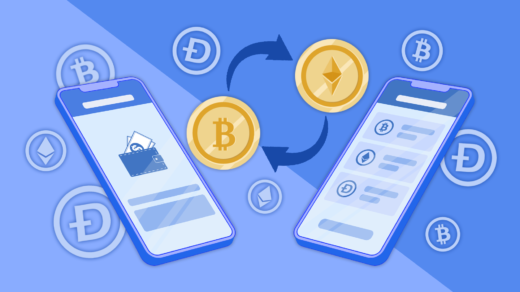The Virtual Assets Act 2022 in Botswana introduces the concept of “asset tokens” as a specific category within the regulatory framework governing virtual assets. An asset token is a digital representation with unique characteristics that distinguish it from other types of tokens. This article provides an in-depth exploration of the definition and features of asset tokens as outlined in the Virtual Assets Act.
Defining Asset Tokens:
- Intended Representation of an Asset:
- At its core, an asset token serves as a digital representation of a claim against the issuer, signifying ownership or a stake in a real-world asset. This primary purpose distinguishes asset tokens from other types of tokens.
- Embedded with Underlying Assets:
- Asset tokens are intricately linked to underlying assets, giving them intrinsic value. This means that each token is designed to carry a tangible or intangible asset, providing a transparent connection between the digital representation and the real-world value it represents.
- Derives Value by Reference to an Underlying Asset:
- The value of an asset token is directly correlated to the value of the underlying asset. Any changes in the value of the underlying asset will have a proportional impact on the value of the token. This feature ensures that the token accurately reflects the economic value of the associated asset.
- Secured by an Underlying Asset:
- Unlike some other types of tokens that may lack intrinsic value, asset tokens are explicitly backed by a tangible or intangible asset. This security measure provides token holders with confidence, knowing that the value of their digital assets is supported by real-world collateral.
- Backed Up by Assets Held as Collateral:
- To further enhance stability and mitigate price fluctuations, asset tokens may be backed up by additional assets held as collateral. This collateralization strategy aims to instill confidence in investors and users, fostering a stable and reliable environment for transactions involving these tokens.
Conclusion:
In summary, asset tokens under the Virtual Assets Act 2022 in Botswana represent a significant development in the regulation of digital assets. These tokens are not merely speculative instruments but are designed to have a clear and tangible connection to real-world assets. By understanding the distinctive characteristics of asset tokens, investors, issuers, and users can navigate the virtual asset landscape with greater transparency, security, and confidence.




